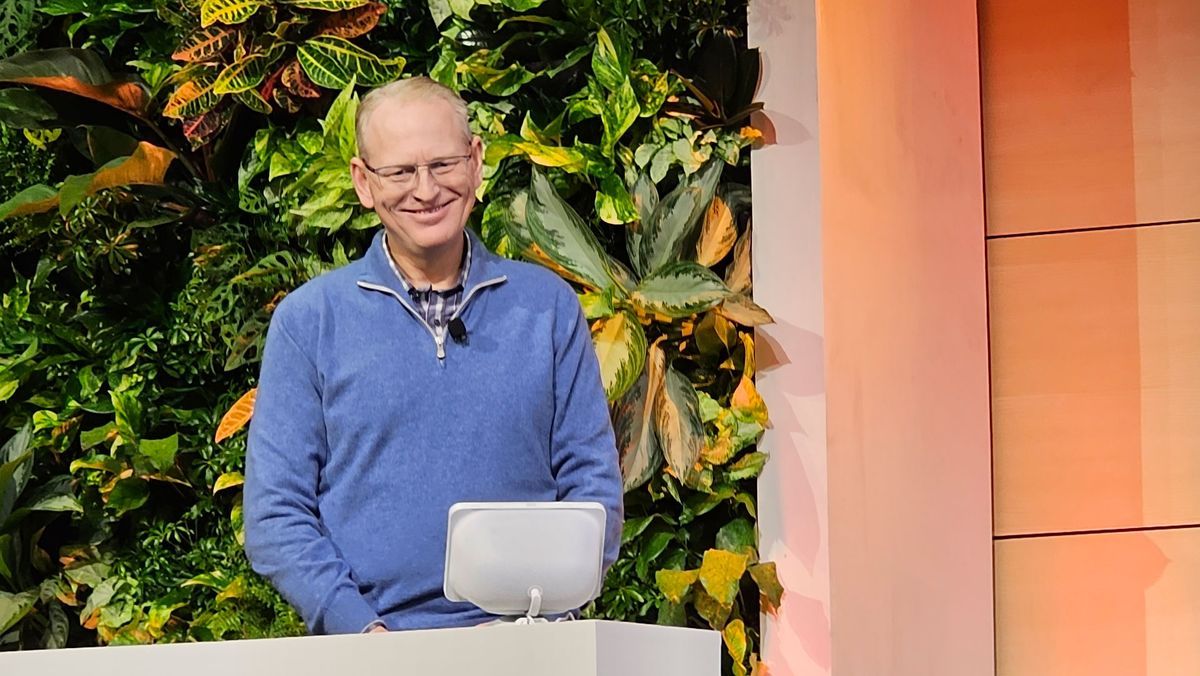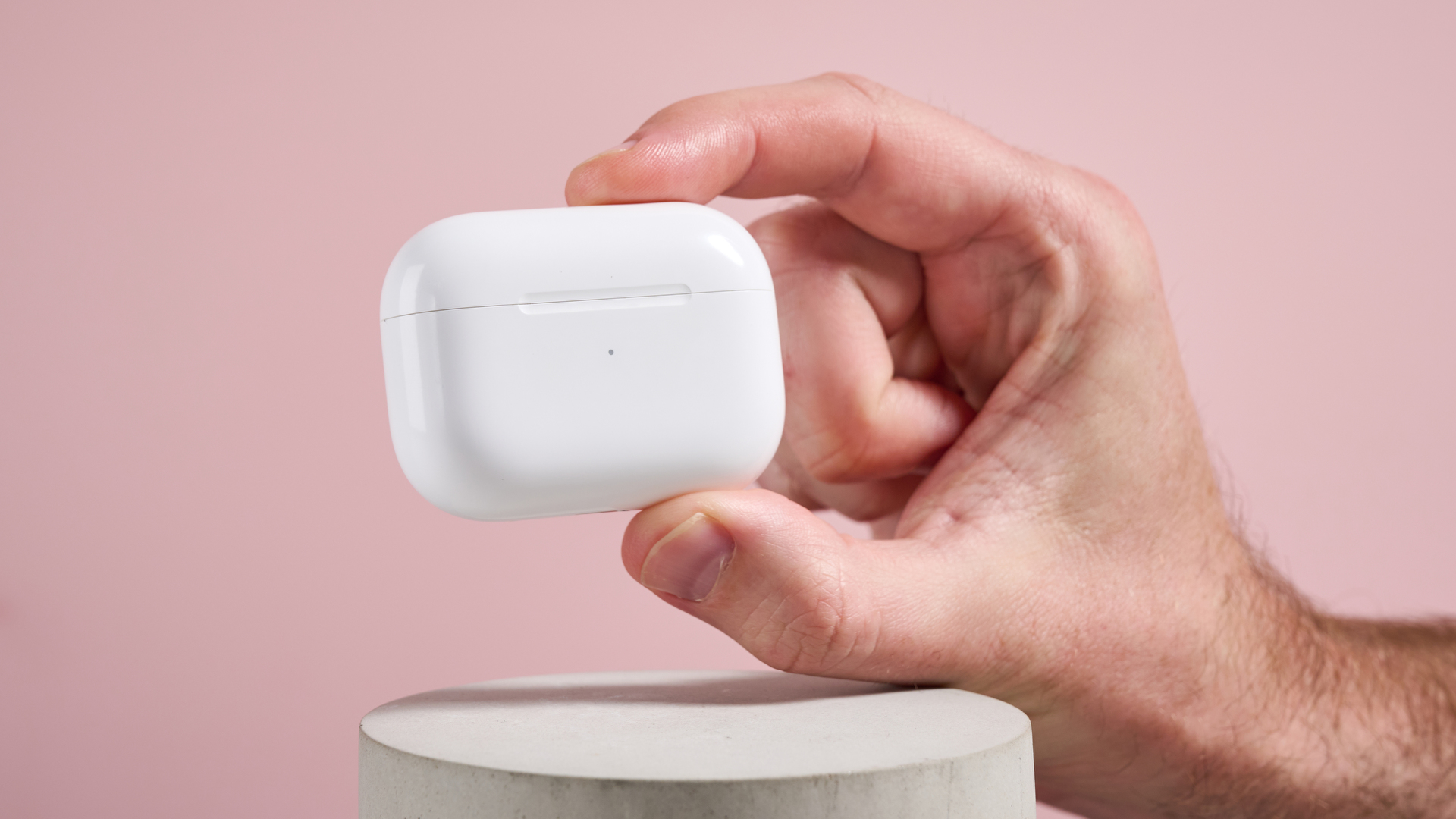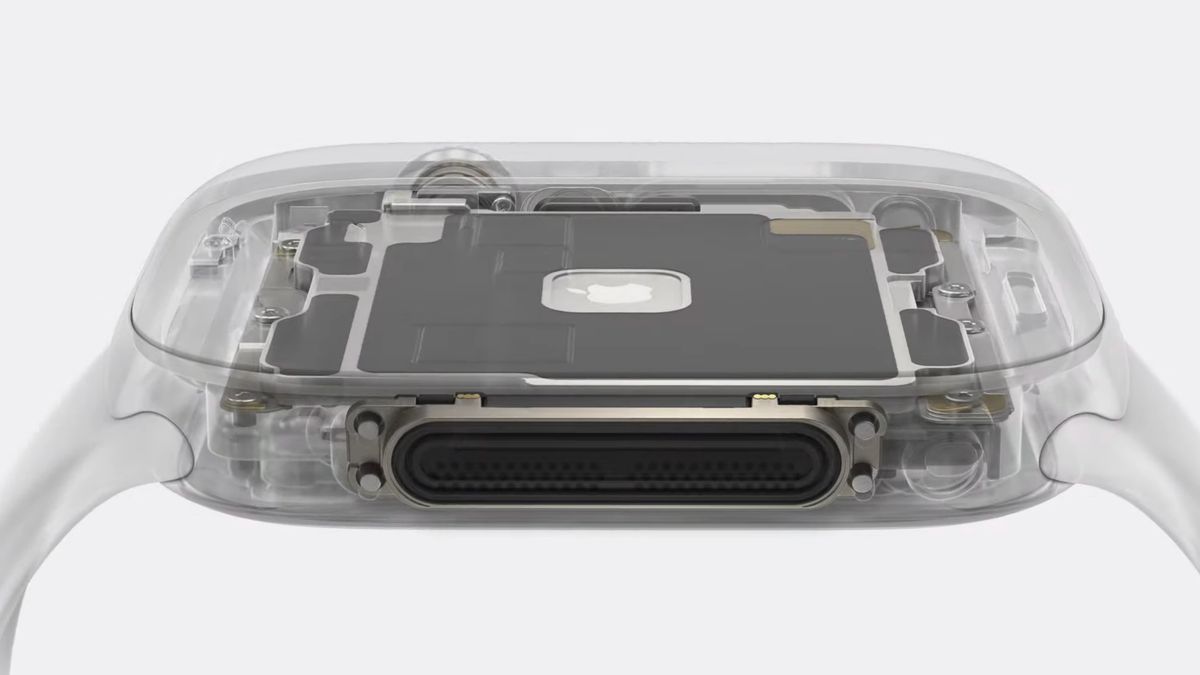I’ve been talking to Alexa for over a decade now. One of the first and arguably the best chatbots, it has answered thousands of questions, played albums of songs, and turned countless smart lights on and off. It’s been consistent, reliable, and increasingly common.
All that was supposed to change this year.
Fast forward to September 2023, when outgoing Amazon hardware chief David Limp gave us a stunning demo of an all-new AI- and LLM-powered Alexa that sounded more human, remembered context, didn’t need any prompts, and could almost hold a real conversation.
At the time, I called the demo “excellent and creepy,” but I was also looking forward to it. It’s not just that I have a half-dozen Amazon Echo products in my house and still check them to this day. Amazon was trying to catch up with the AI chatbot of the moment, ChatGPT. Compared to the GPT models that OpenAI keeps introducing in the latest ChatGPT, Alexa’s skills seem quaint, at best. ChatGPT is an assistant, while Alexa is merely a utility, like a voice-activated switch.
Since introducing Alexa AI last year, Google unveiled its powerful Gemini, and last month, Apple unveiled Apple Intelligence at WWDC 2024, which, among other things, will introduce us to a smarter, more conversational, and more natural-sounding Siri.
If Apple succeeds in including Siri enhanced with Apple Intelligence in the top iPhones this fall, Siri could finally regain its leading position as a digital assistant, if not from Google and OpenAI, then at least from Amazon Alexa.
As things stand, it seems the odds are in Apple's favor.
Stay still
Since that launch event, Limp has left Amazon, and it increasingly looks like this is less the Amazon of Jeff Bezos (he stepped down as CEO in 2021) than new CEO Andy Jassy, who is clearly more focused on Amazon's enterprise services like AWS and the Amazon Prime business.
Taking Limp’s place is now Panos Panay, a former Microsoft employee who is something of a hardware and software whiz. Even though it’s been months since Panay joined the company, the normally loquacious Panay has yet to give an interview or host an Amazon product pitch. He’s been quiet, and when I asked Amazon if I could speak to Panay about the state of Amazon Alexa’s AI, they basically said not yet.
It may seem like Amazon is moving away from direct AI confrontation with OpenAI, Google, and even Microsoft and its GPT-powered Copilot. After all, AI time is different than typical technology development time. What used to take 18 months now takes six, and if it's an update to a generative model, the cycles are just three months long. Waiting 10 months to reveal any Alexa changes is like standing still.
I look for clues about Alexa updates anywhere I can find them, including in the new Echo Spot unveiled this week. It’s a redesign of the original bedside clock that now gives up half the screen space for a speaker. That audio element can play music, but it will also be used to deliver Alexa’s quick replies.
Nowhere in the product's press release is there any mention of AI or artificial intelligence. The description of Alexa on the Spot is basically the same as what would appear on any other Echo device. Panay, by the way, is notably absent from the release. Not even a sensationalist sentence is mentioned.
Amazon offers an update
Frustrated, I asked Amazon if they could tell me anything about the progress being made with the Alexa update they promised for 2024. To my surprise, an Amazon spokesperson sent this quote:
“Our vision for Alexa remains the same: to build the world’s best personal assistant. Generative AI offers a huge opportunity to make Alexa even better for our customers. We’ve already integrated generative AI into different components of Alexa and are hard at work deploying it at scale – across the 500+ Alexa-enabled ambient devices already in homes around the world – to enable even more proactive, personal, and trusted support for our customers. We’re excited about what we’re building and look forward to delivering it to our customers.”
This caught my attention: “We have already integrated generative AI into different components of Alexa.”
Wait a minute. Have you? What sets Alexa apart from, say, Siri is that rather than requiring a major OS update to tweak it, Alexa updates come constantly, and usually happen simultaneously. Remember when you woke up one day to find that Alexa could tell you to “thank the driver” for delivering your Prime packages? Exactly. Those things just appear (much like your packages).
Amazon didn't offer any details on how we might recognize these hallmarks of generative AI, but it's clear to me that they don't quite reach the level of conversational generative AI yet.
At least Amazon recognizes that generative AI is still important and the work continues.
And Amazon should hurry up if it wants Alexa to remain relevant in this vast and changing AI landscape.









